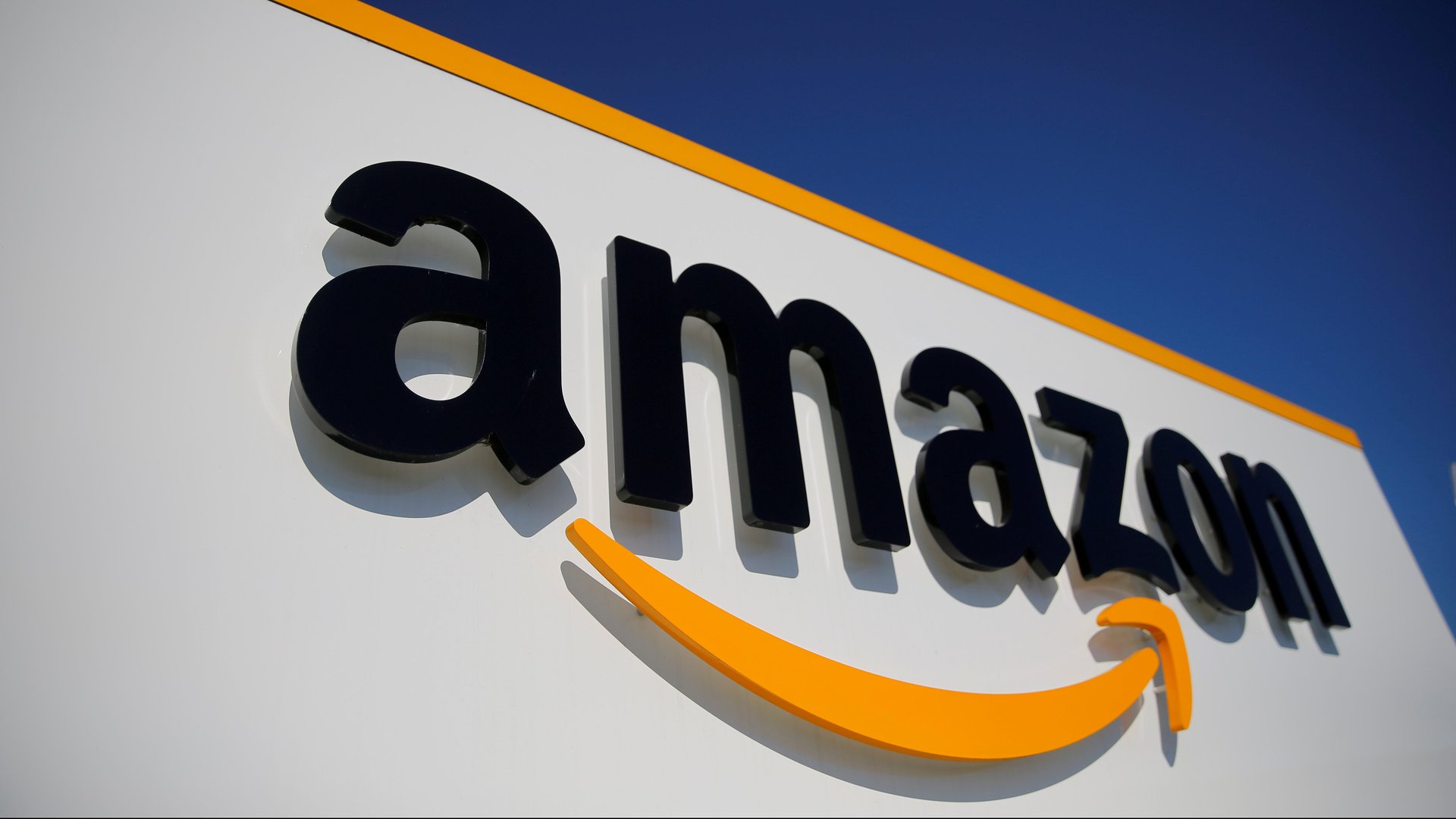Amazon has a new team to chase down and punish counterfeiters
Amazon says it’s stepping up the battle against counterfeits on its huge third-party marketplaces with the creation of a new team that will investigate fakes and pursue criminal charges or civil lawsuits against the offenders.


Amazon says it’s stepping up the battle against counterfeits on its huge third-party marketplaces with the creation of a new team that will investigate fakes and pursue criminal charges or civil lawsuits against the offenders.
It’s called the Counterfeit Crimes Unit.
The team bolsters Amazon’s efforts to go after counterfeiters themselves. Its priority has been to keep counterfeits off its site to begin with, by using tools such as machine learning to identify and remove suspected fakes and verifying new sellers over video calls. But it has also been suing counterfeiters in court and working with companies such as Valentino and 3M whose intellectual property has been infringed to punish those responsible.
The Counterfeit Crimes Unit will allow it to “more effectively pursue civil litigation against suspected criminals, work with brands in joint or independent investigations, and aid law enforcement officials worldwide in criminal actions against counterfeiters,” it said in its release. To that end, Amazon says the team is made up of former federal prosecutors, investigators, and data analysts. Leading it is Christina Posa, a recent hire who before joining the company was senior counsel in the US Department of Justice’s computer crimes and intellectual property division and was previously an assistant US attorney.
“Every counterfeiter is on notice that they will be held accountable to the maximum extent possible under the law, regardless of where they attempt to sell their counterfeits or where they’re located,” Dharmesh Mehta, Amazon’s vice president of customer trust and partner support said in a statement.
Amazon has struggled to eradicate fakes from the sprawling marketplaces it operates for independent third-party sellers. The company benefits greatly from those marketplaces. Third-party sellers collectively sell more products on Amazon than Amazon sells itself. But the marketplaces have also brought complaints from companies that sell on Amazon over knock offs, as well as scrutiny from lawmakers.
In March, a bipartisan group in the US House of Representatives proposed a plan that would make e-commerce companies such as Amazon legally liable for counterfeits sold on its site. The next month the US government included several of the e-commerce giant’s international sites on an annual list of “notorious markets” for counterfeit and pirated goods.
Amazon called it a politically motivated attack by the administration of US president Donald Trump. For years the president made clear his dislike of Jeff Bezos, Amazon’s founder, CEO, and owner of The Washington Post, which has published stories critical of Trump. However, large fashion trade group in the US had also previously called for some of Amazon’s international marketplaces to be on the notorious markets list.
Amazon, which is still trying to lure more brands, including counterfeit-sensitive fashion companies, to sell on its site, has maintained it’s doing what it can to address the problem. It says in 2019 it had more than 8,000 employees fighting fraud and abuse, including fakes, and invested more than $500 million in its efforts. The Counterfeit Crimes Unit appears to be its next step.